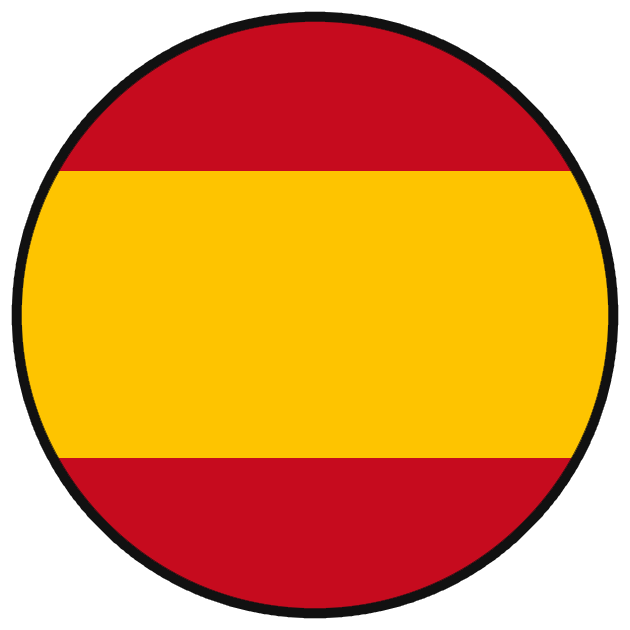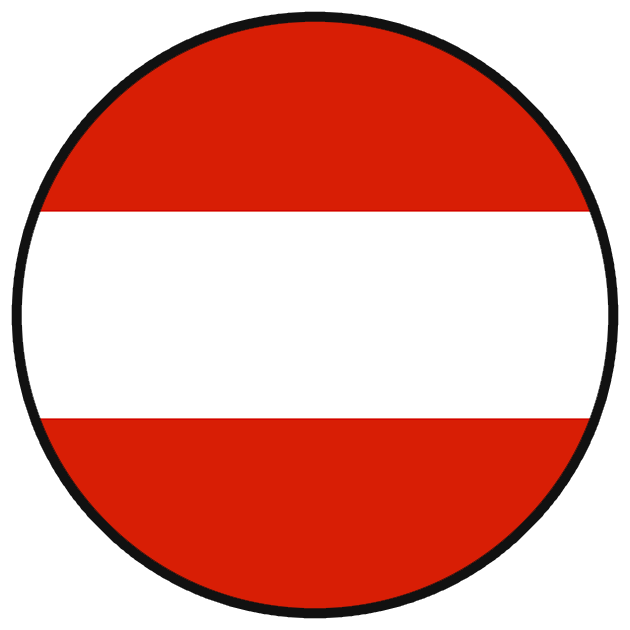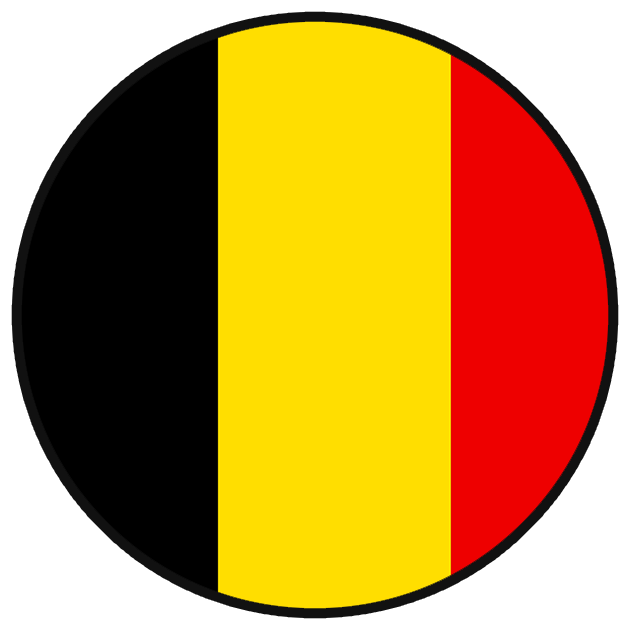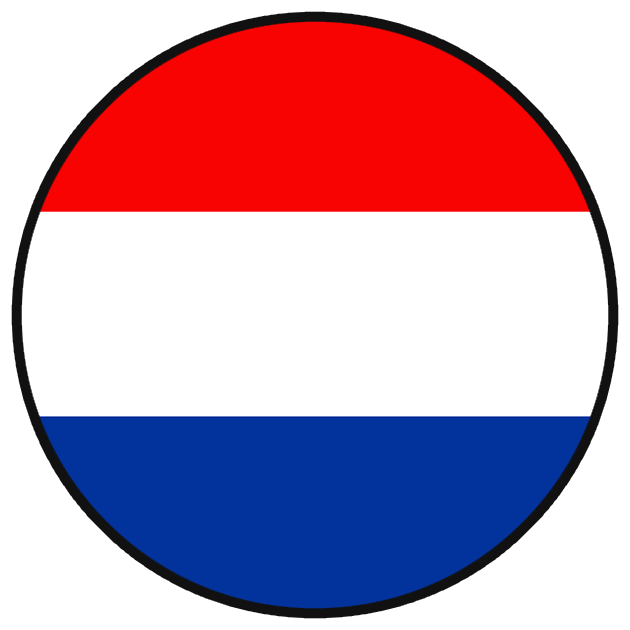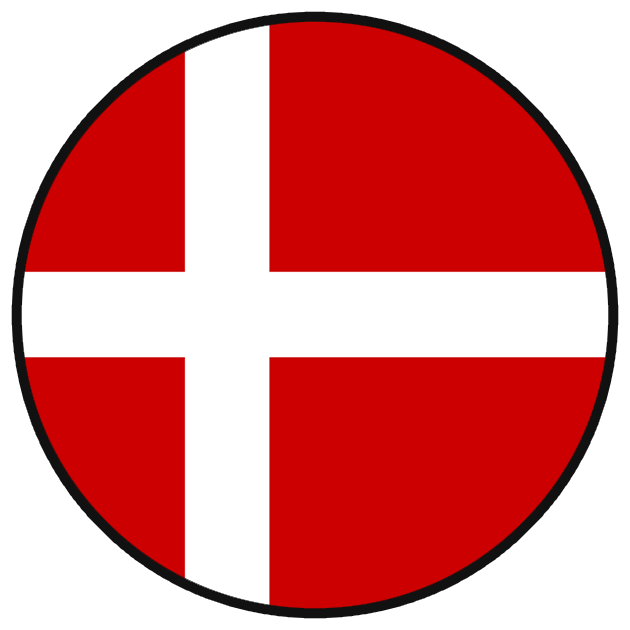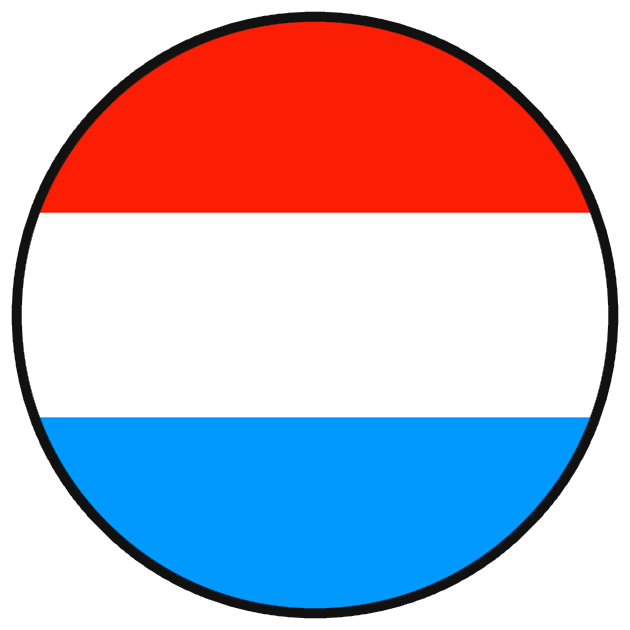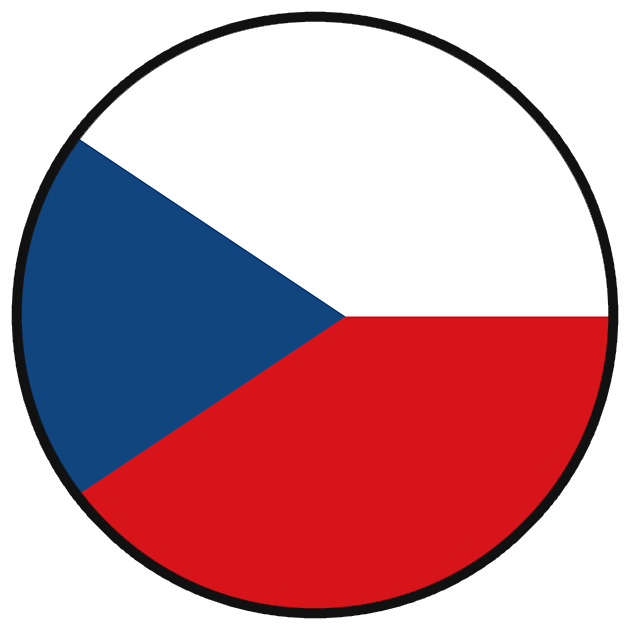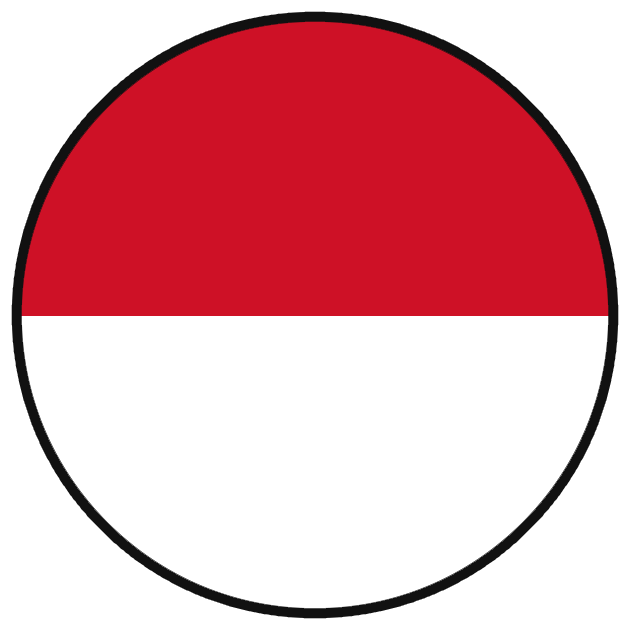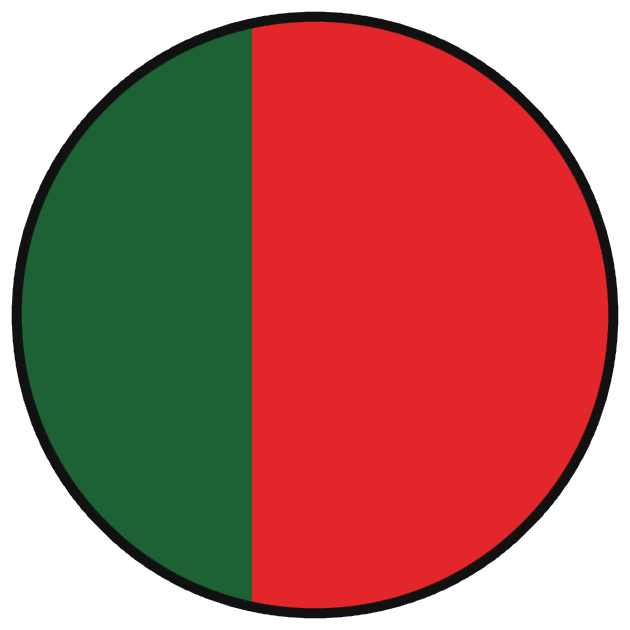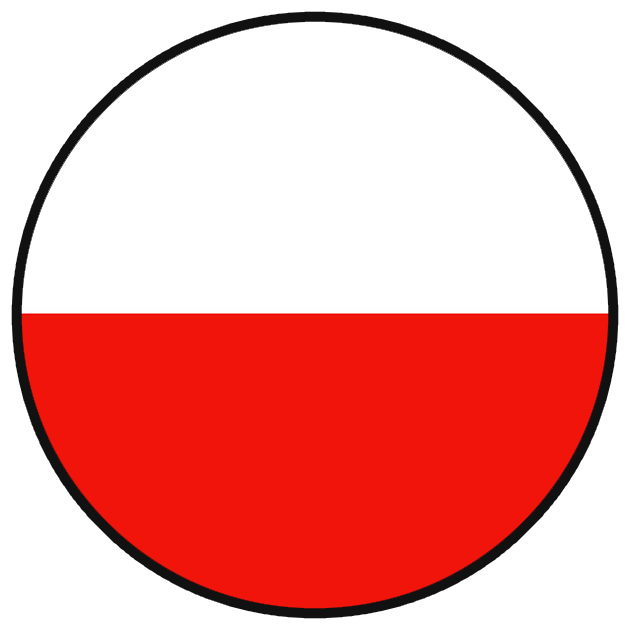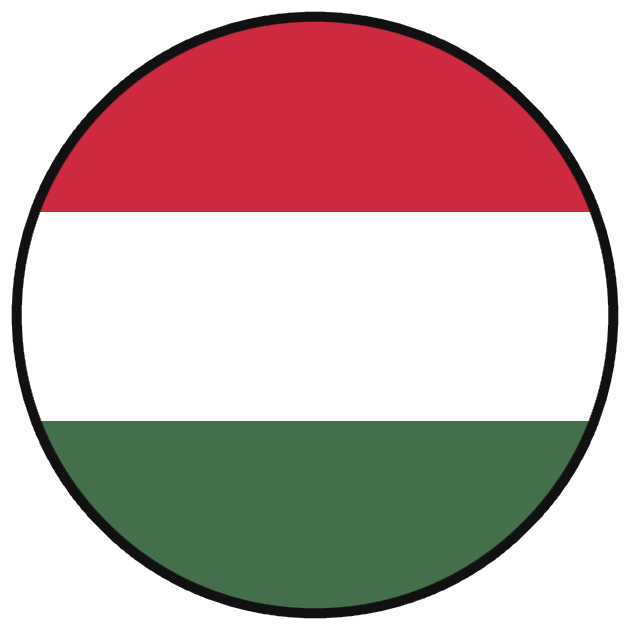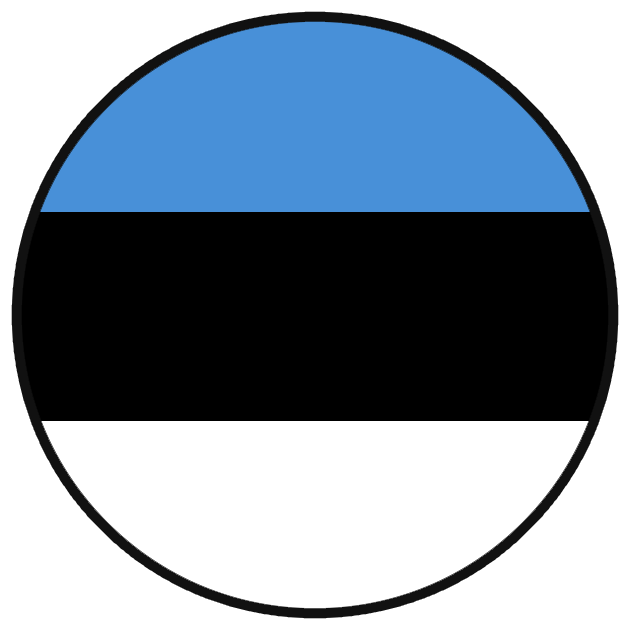Our plantation, where the beehive of Bini and her sisters is located, is certainly like the land of milk and honey for our bee families. Now you do already know what this article is about, right? Honey is not only unbelievably delicious, healthy and has a long history in many different cultures, it has also entered our daily language usage.
A very common term for example is honeymoon, the holidays of a newly married couple spends just after their wedding. But have you ever wondered why it is called like this? Actually, it is a word which is not only used in English. Yet, in many languages, among others French (lune de miel), Romania (luna de miere), Portuguese (lua de mel) or Italian (luna di miele) a similar concept can be found. There are differnet explanations and theories about its origin. The first written reference comes from the writer Samual Johnson and dates back to 1542. According to him, however, the meaning of honeymoon is not so positive than it is today: “The first month after marriage, when there is nothing but tenderness and pleasure; originally having no reference to the period of a month, but comparing mutual affection of newly-married persons to the changing moon which is no sooner full that it begins to wane….”. The explanation the author Richard Huloet gave ten years later goes into the same direction. Although the couple is happy directly after the marriage, sooner or later, this will change and their love and affection will decrease.
Furthermore, there exists another theory, going back in time until the 5th century. Weddings celebrated in some Nordic cultures were related with a huge cunsumption of mead. After the ceremony the couple received a supply of mead that lasted for the next month (and hence the time the moon needs approximately to revolve around the earth). Mead was supposed to have aphrodisiac properties and hence the guests hoped for a bright future with many children.

Did you know … ?
- The proverb “You can catch more flies with honey than with vinegar” refers to the way you try to achieve your goals in life. Being nice and polite might be more helpful sometimes than being rude or making too many demands.
- “A land of milk and honey” is actually a saying coming from the bible, where the Lord promised to lead the Israelits out of Egypt into a land where milk and honey flow. Today, it is used to refer to a country providing good living and working conditions to people…or at least people think so.





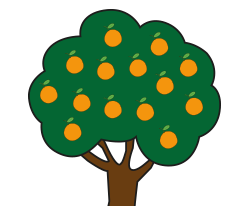 My account
My account 










